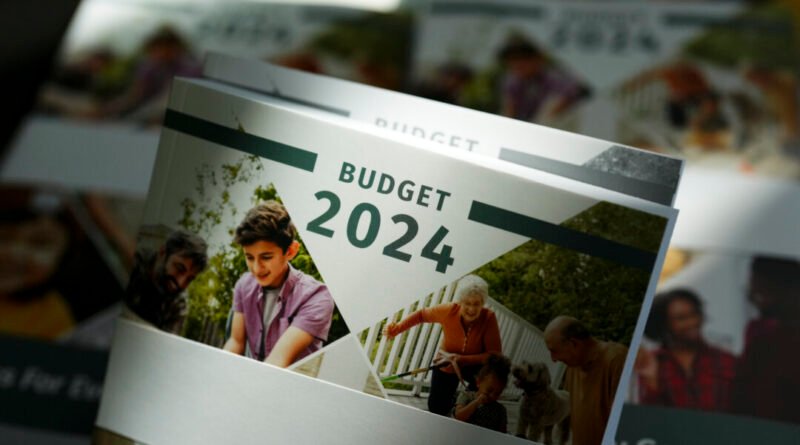Analysis: Increased Income Taxes Proposed for All Taxpayers in Liberal Budget 2024
The proposed plan to tax a larger portion of investment profits through a higher “inclusion rate” on capital gains has sparked discussion among economists, accountants, and regular citizens since its presentation by the Liberals on April 16.
It’s not just the wealthy being affected. Even individuals with low or no income who earn a one-time gain surpassing $250,000 would feel the impact.
Many are now hurriedly deciding whether it’s advisable to sell before the changes become effective, affecting not only their taxes but also the housing supply.
Additionally, individuals who inherit assets from a deceased parent or spouse could also see a higher tax bill if the estate falls under the policy modification.
The Liberals are proposing the highest capital gains taxes in decades to fund their increased expenditure on government programs and escalating debt. The rate was lowered to 50 percent in 2000 by the former Liberal government of Jean Chrétien, where it has remained until now.
What Is Changing
- The Liberals plan to raise taxes on capital gains for individuals and corporations.
When Was the Change Announced
- The Liberals announced the planned changes on April 16 as part of their proposed budget.
When Does the Change Take Effect
- If the budget is approved, the changes take effect on June 25.
Definitions
- Capital gains are your profit when you sell capital assets or property such as a home or cottage, and financial products such as stocks, bonds, and mutual funds. If you lose money on the sale, you have a capital loss.
- The inclusion rate is the portion of your profit that the government deems taxable.
- The profit is treated as income, so you pay more income tax.
Who Is Targeted
- Individuals
- Current Law: You pay income tax on 50 percent of your capital gains.
- Beginning June 25 if proposed budget becomes law: You pay income tax on 50 percent of your capital gains up to $250,000, and you pay income tax on 66.7 percent of capital gains over that amount.
- Corporations and Trusts
- Current law: Pay tax on 50 percent of capital gains.
- Planned law: Pay tax on 66.7 percent of capital gains.
Who Is Exempt
- People selling their primary residence.
- People booking gains from funds in a Registered Retirement Savings Plan, Tax-Free Savings Account, Tax-Free First Home Savings Account, or other registered savings vehicle.
Example
Let’s say you make a theoretical profit of $300,000 from selling a second home and some stocks.
If you close the deal before the tax changes, you’d pay income tax on $150,000 of the capital gain. If you close the deal after, you’d pay income tax on $158,333.
- Under current tax law if you sell by June 24: You’d pay income tax on 50 percent of the capital gain of $300,000, or $150,000. You wouldn’t pay income tax on the other $150,000.
- If proposed budget becomes law and you sell on or after June 25: You’d pay income tax on 50 percent of the profit up to $250,000, or $125,000. And you’d pay income tax on 66.7 percent of the remaining $50,000, or $33,333.
Total capital gain included for taxation: $125,000 + $33,333 = $158,333.
The Liberals provided an example in their budget documents where an individual earning $400,000 a year would pay an additional $4,461 in federal and provincial income tax due to the planned changes and the highest marginal tax rate.





